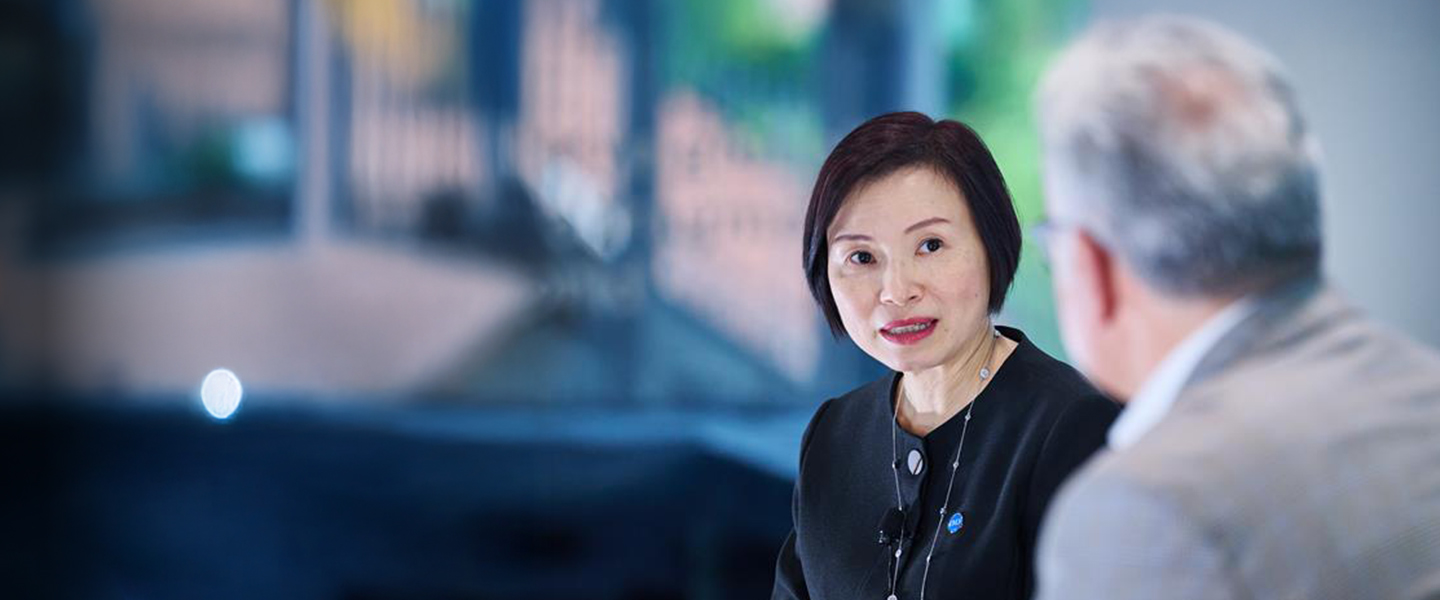Airbnb’s disrupting power: Is Hilton the next Kodak?
Hilton Inc. is one of the biggest players in the hospitality industry. It has a market capitalization of $20 billion which comes just after Marriott with a market capitalization of $34 billion. Just in recent years, peer-to-peer economy has emerged and imposed a threat to Hilton. This economy is based on a decentralized model whereby individuals interact to buy or sell goods and services directly with each other, without intermediation by a third-party. Among the biggest players in the peer to peer(sharing) economy is Airbnb, that was founded in 2008 and showed unprecedented growth until 2017. As a privately held start-up, Airbnb is valued at $30 billion, based on the company’s latest round of funding, serving over 3 million listings in more than 65,000 cities in close to 200 countries. Airbnb CEO has made it clear that their plan is to become a full-blown hospitality brand, one that delivers a seamless end to end experience to its customers. Meanwhile Hilton Inc. is reacting to the threat posed by Airbnb through denial. The CEO claims that Airbnb is not a threat to their value proposition. The case analyzes in which segment (leisure or business) Airbnb and Hilton inc. are winning or losing.
- At the conclusion of this case study, learners will be better able to conduct swot analysis and design strategy canvas based on information available in the case.
- They will assess and learn how a company can be doing well in one business sector (like business sector) and suffer from competition in another (like leisure sector).
- They will also learn how companies suffer from denial of competition, possibly to reduce their anxiety and ambiguity.
Hilton Worldwide, Airbnb, Travel and Leisure, Hospitality
2016-2017
Cranfield University
Wharley End Beds MK43 0JR, UK
Tel +44 (0)1234 750903
Email [email protected]
Harvard Business School Publishing
60 Harvard Way, Boston MA 02163, USA
Tel (800) 545-7685 Tel (617)-783-7600
Fax (617) 783-7666
Email [email protected]
NUCB Business School
1-3-1 Nishiki Naka
Nagoya Aichi, Japan 460-0003
Tel +81 52 20 38 111
Email [email protected]
IMD retains all proprietary interests in its case studies and notes. Without prior written permission, IMD cases and notes may not be reproduced, used, translated, included in books or other publications, distributed in any form or by any means, stored in a database or in other retrieval systems. For additional copyright information related to case studies, please contact Case Services.
Research Information & Knowledge Hub for additional information on IMD publications
The case examines how DNB Bank, Norway's largest financial services company, reshaped its growth strategy by focusing on startups and SMEs, a segment traditionally considered unprofitable. In 2013, DNB launched a bold SME strategy, deliberately ch...
The case looks at the fundamental challenges, tensions and opportunities associated with an internally run venture as opposed to an externally funded startup or spin-off company. It discusses the genesis and context of Kontor, an internal venture...
In late 2023, when the management team at the consumer packaged goods company Reckitt considered adopting gen AI, potential use cases spanned the business—from drafting presentations to delivering customer support to optimizing procurement contrac...
This case series explores what companies can learn from luxury brands without becoming luxury brands themselves. The video B case features interviews with three Vanzetti Engineering executives: the marketing director, the CEO and owner and the chi...
Survey after survey shows that executives think their business is in danger of being commoditized. This means their company is not able to differentiate sufficiently to command higher market prices and profits. Luxury brands, by contrast, are the ...
Research Information & Knowledge Hub for additional information on IMD publications
Research Information & Knowledge Hub for additional information on IMD publications
in I by IMD
Research Information & Knowledge Hub for additional information on IMD publications
Research Information & Knowledge Hub for additional information on IMD publications
in Harvard Business Review November-December 2025
Research Information & Knowledge Hub for additional information on IMD publications
Research Information & Knowledge Hub for additional information on IMD publications
Research Information & Knowledge Hub for additional information on IMD publications
in I by IMD Brain Circuits 7 October 2025
Research Information & Knowledge Hub for additional information on IMD publications
in I by IMD
Research Information & Knowledge Hub for additional information on IMD publications
Research Information & Knowledge Hub for additional information on IMD publications






